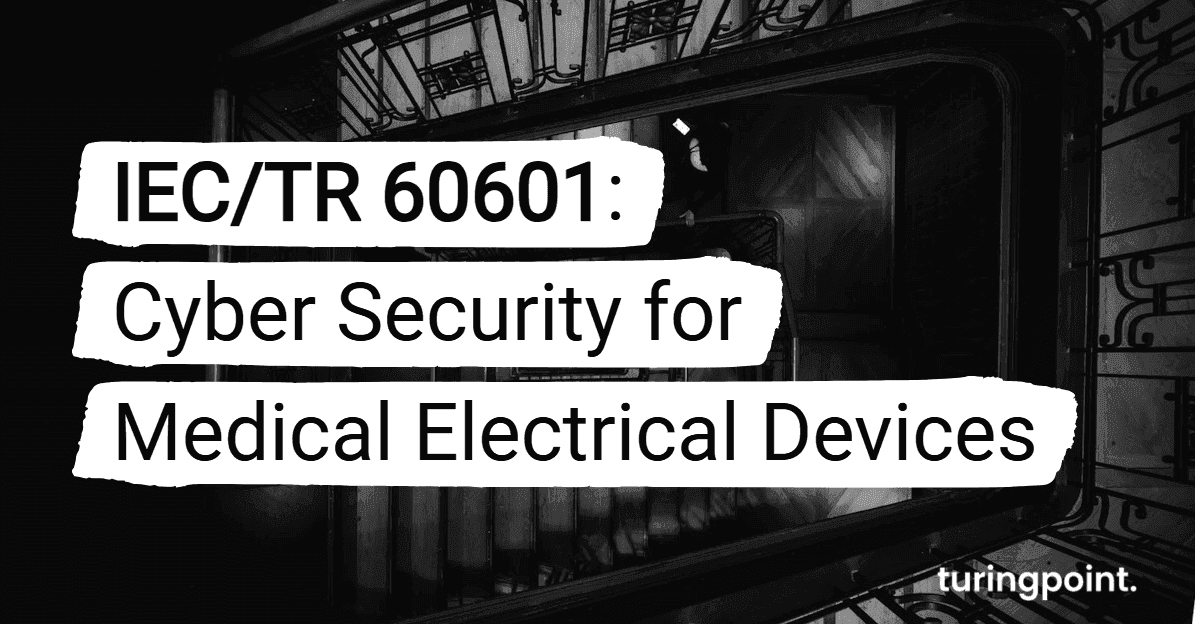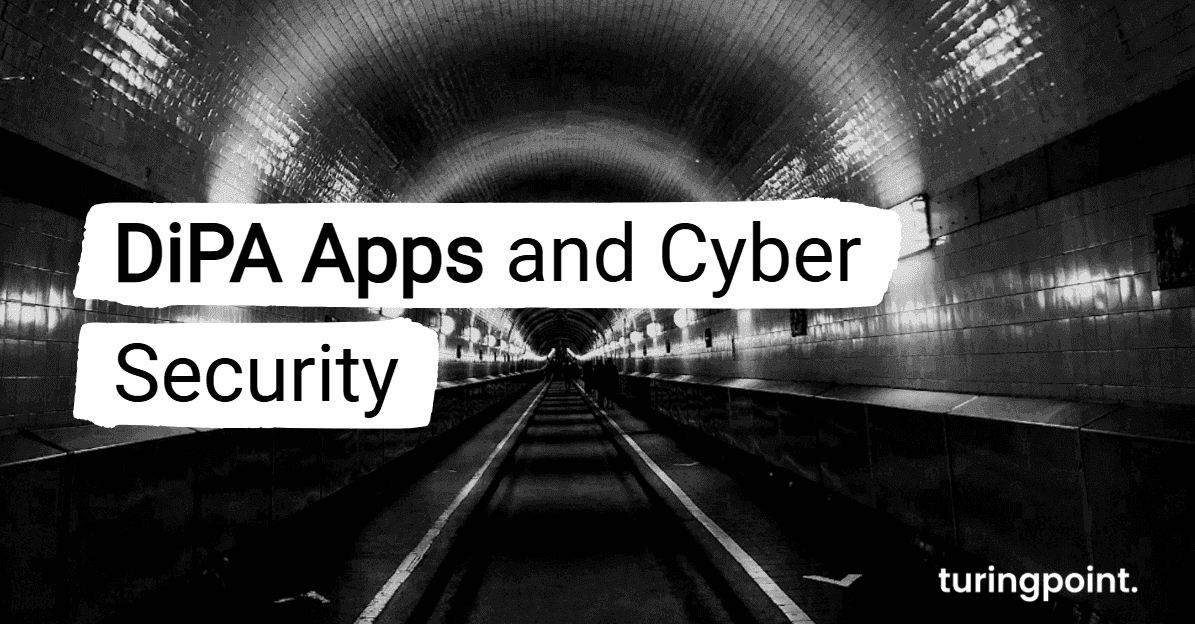Crypto Custody Solutions for Digital Assets
The slogan 'Be your own Bank' also implies that you are responsible for managing your own keys and digital assets, which is not an easy problem. Appropriate backup solutions and security measures must be taken. Furthermore, the process is critical for trading, because for this the assets are transferred to the wallet of an exchange, which makes it the crypto custodian during the process of trading. A trusted exchange is therefore essential.
Cyber Security for the Metaverse, Web3, DeFi, Crypto and NFTs
Design of OpSec, Geo-redundancy and Multi-signatures
We create an individual custody solution for you with the different types of wallet. This also includes the sensitization of the employees and the minimization of the counterparty risk while maintaining liquidity. OpSec, geo-redundancy concepts and multi-signatures must be tailored to the organization.
- Online Wallet / External Wallet
Here, a third party, such as an exchange, is entrusted with the custody of the private keys. In addition to the counterparty risk, there is also a risk of hacker attacks.
- Hot Wallet / Operative Wallet
This type of wallet is used for operational business to guarantee smooth operation. Since this system is always online, careful monitoring and backup is needed.
- Hardware Wallet / Cold Storage
In this type, the private keys are not accessible via third-party systems. In this case, a functional backup solution and effective control vis-à-vis the company's own employees are necessary.
Four-eyes Principle
Multisignatures for increased Cyber Security
Standard transactions on a blockchain network could be called "single signature transactions" because transfers require only a single signature - from the owner of the private key associated with the address. However, most networks support much more complex transactions that require the signatures of multiple people before assets can be transferred. These are often referred to as M-of-N transactions. The idea is that the asset is not "encumbered" until the critical mass of all parties have signed that transaction. This process is intended to provide additional cyber security within an institution or among stakeholders, because if one private key is lost, no valid transaction can be generated.

Range of Services for Cyber Security
Further useful Services within the Scope of an IT Security Audit
- Smart Contract Audit
- Smart contracts are programs that are executed in a decentralized manner by each participant in the network. Therefore, smart contracts require more careful audits, as they are economically rewarding targets for hackers.
- Penetration Test
- Penetration tests are simulated attacks from external or internal sources to determine the security of web applications, apps, networks, and infrastructures and uncover any vulnerabilities.
- Static Code Analysis
- Static code analysis, also known as source code analysis, is typically performed as part of a code review and takes place during the implementation phase of a Security Development Lifecycle (SDL).
- Blockchain Development
- A blockchain is a new type of database model that can create trust when maintained in a decentralized consortium.
Contact
Curious? Convinced? Interested?
Schedule a no-obligation initial consultation with one of our sales representatives. Use the following link to select an appointment:













